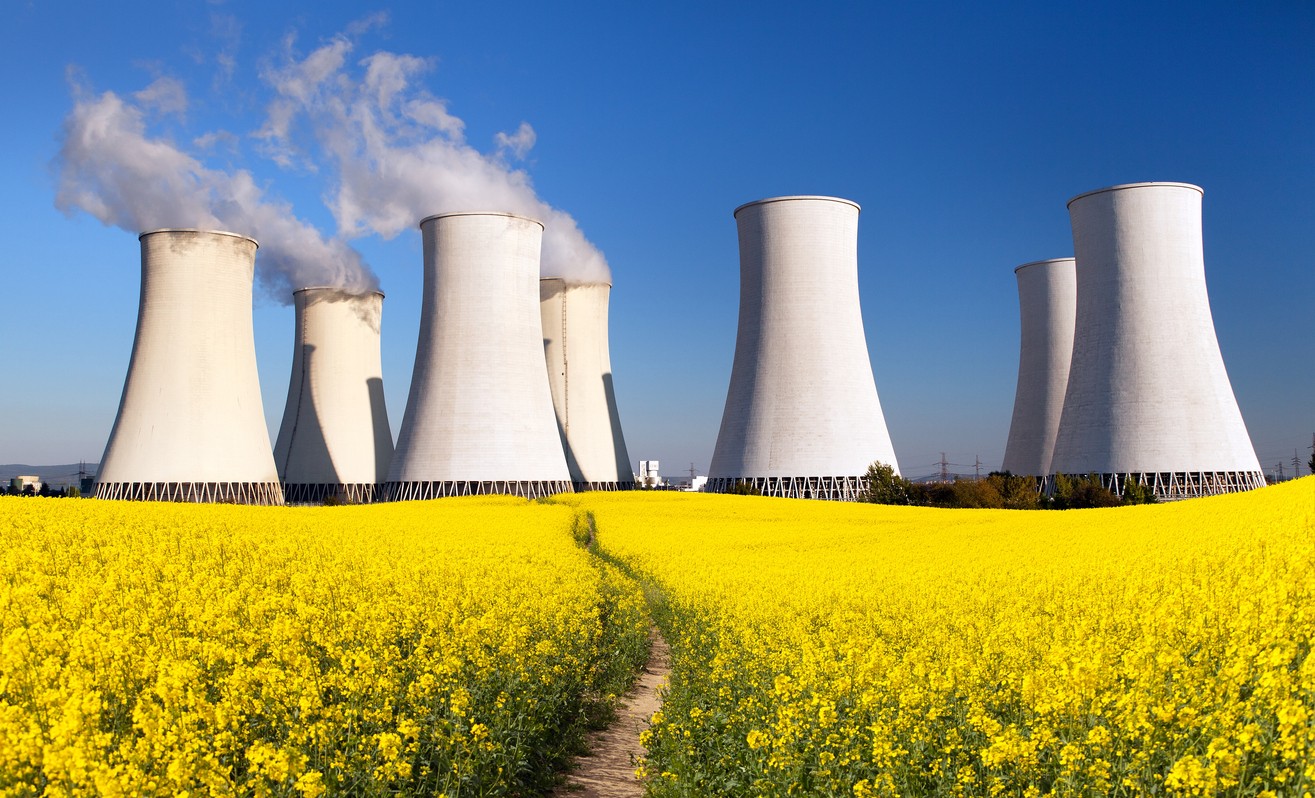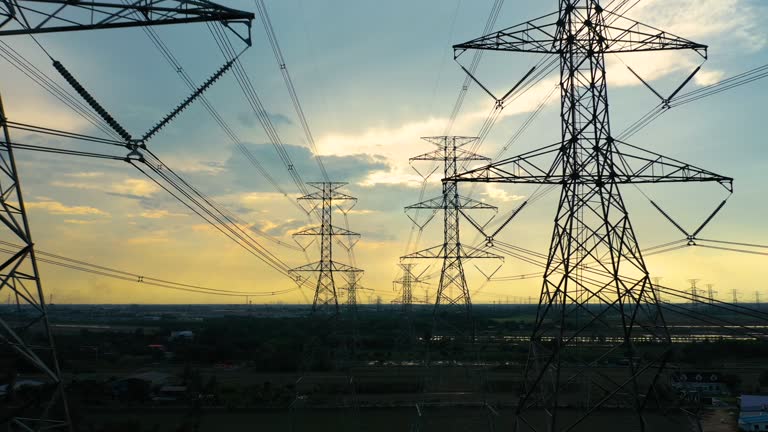Kazakhstan plans to equate nuclear power with renewable energy sources (RES), such as solar and wind power, and extend to it the same benefits that already apply to them.
The Energy Ministry has drafted a bill to incentivize alternative energy sources as part of the transition to a green economy, including the development of hydrogen energy. According to a document published on October 18 on the Open Regulatory Legal Acts portal, the discussion will last until November 11.
One of the main problems identified in the draft is the need for legislative preferences for nuclear power despite its potential as an environmentally friendly source. In 2023, the share of RES in Kazakhstan was only about 6% of total electricity generation, emphasizing the need to develop alternative sources to reduce carbon emissions.
Kazakhstan intends to follow the EU’s example. In 2022, the EU recognized nuclear power as “green.” This recognition opens the way to receiving benefits and subsidies for future nuclear projects, including Kazakhstan’s first atomic power plant.
At the same time, the bill’s authors noted that the analysis of international experience points to the constant clarification and supplementation of legislation considering current realities (technology development, market structure, global experience, and the current situation in the country). In particular, in Germany, the law on renewable (alternative) energy sources has undergone six amendments, including an increase in the targets for using alternative energy sources, adjustment of support measures taking into account the achieved level, and so on. Since 2000, various programs have been developed in Poland to supplement and clarify the different incentives for developing alternative energy sources.









